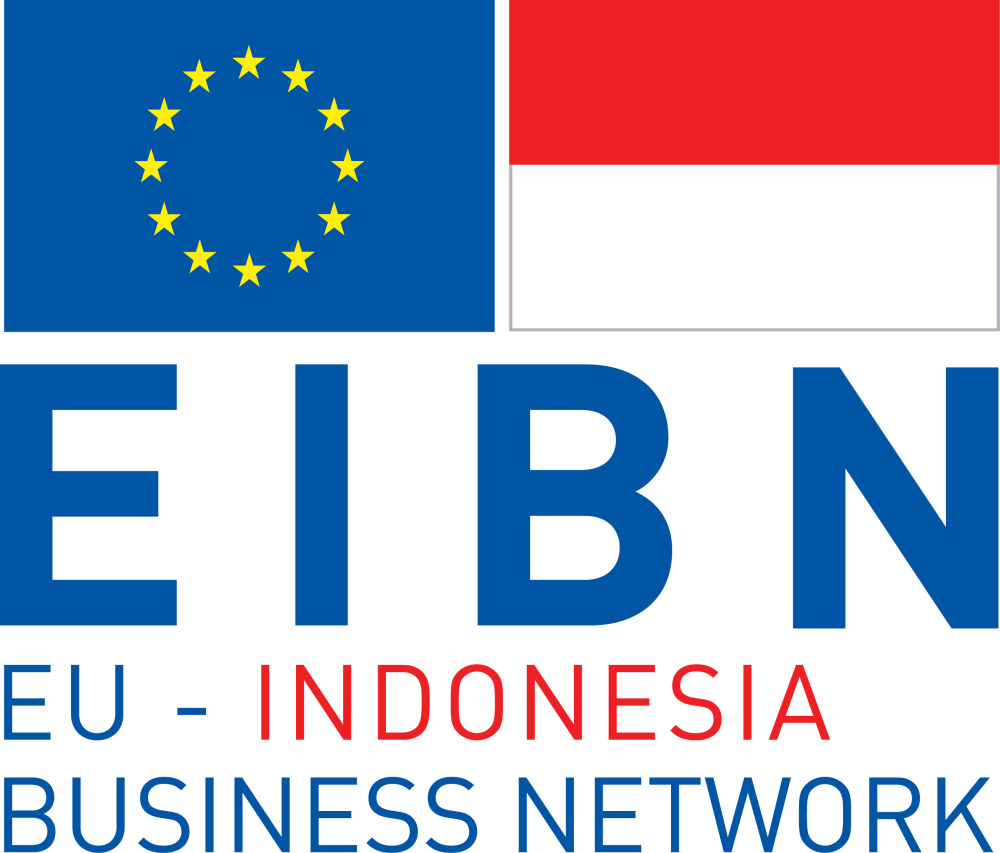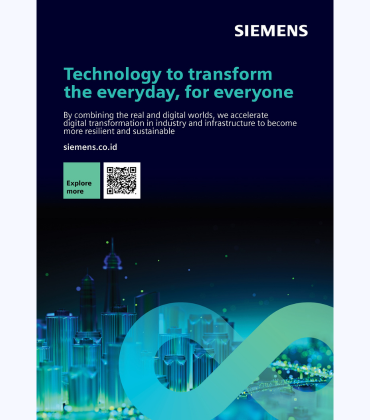According to the Indonesian Bakery Producer Association (APEBI), the average annual growth of the bakery industry is above 10%. With a forecasted revenue generation of USD 49.19 billion in 2023, Indonesia is set to maintain its record of having the largest bread and bakery product sales in the Southeast Asia.
Therefore, the prospect for this sector is positive, owing to its ongoing growth. According to Statista, the market forecast for bread and bakery products in 2028, in terms of volume, may reach 39.97 billion kg. There are only few Indonesian big market players in the Indonesian bakery market, but the number of small-scale players is huge.
Based on data from Statistics of Indonesia Manufacturing Industry report by Statistics Indonesia (BPS) in 2021, there are 829 registered bakery and cake product companies in Indonesia, which include both medium (632) and large-scale manufacturers (197). Bakery products in Indonesia mainly consists of breads, traditional snacks, cookies, wafers, biscuits, and cakes. The Indonesian bakery industry is flourishing, with increases of bakery product sales, as well as increases of imported bakery ingredients. On average, the entire bakery industry in Indonesia uses around 70% imported ingredients and 30% local ingredients.
Although Indonesians have begun to recognize bakery products as a meal choice, most of them still consume bakery products as snacks. Analysis of the trends and preferences of Indonesian consumers is required by new businesses, as they continue to change from year to year. Each consumer segment in Indonesia has their own preferences towards bakery products; Western bread and pastries appeal to high-end consumers, Japanese and Asian bread and pastries are the preference of upper-middle income consumers, and local sweet breads and white breads are still largely consumed by lower-middle income consumers.
In December of 2022, the government signed Government Regulation in Lieu of Law (Perppu) Number 2 of 2022 on Job Creation, which further clarifies Law No. 33 of 2014 on Halal Product Guarantee (UU JPH). This regulation stipulates that halal certification is mandatory for all food, beverage, drugs and cosmetics, as well as chemical, organic, and genetically modified products sold in Indonesia. All imported products in Indonesia must be registered with BPOM. Importers, distributors or retailers dealing in unregistered products are in breach of the regulations and are subject to penalties that include the confiscation of said products. In some cases, trends, laws, and regulations in certain countries become a challenge for foreign players entering the market and competing with local players. However, overall, the future prospects and trends in the bakery ingredients market sector remains broadly positive for specialized and quality products.
Bakery and bakery ingredient products need to comply with certain regulations and law that applies in Indonesia, such as SNI (The Indonesian National Standard), the Halal Law Certification, and the corresponding labelling rules. The list of regulations that must be adhered to is the major challenge for importers, as it translates to a lengthy process and cost to get it issued.
According to the Vice President of The Indonesian Food & Beverage Association (GAPMMI), food regulations in Indonesia can change from time to time. Even the law for halal certification in 2014 has been subjected to changes, deletions, and updates since the introduction of Perppu Number 2 of 2022 on Job Creation.
Furthermore, to adapt with Indonesian market, foreign and local companies need to understand the trends and behavior of Indonesian consumers. Indonesia has its own specified taste preference for bakery goods and bakery ingredients. For example, most Indonesians – especially the lower-middle income groups - has a preference for chocolate flavors over other variants. Meanwhile, the middle-high income groups prefer a wider variety of toppings and fillings such as fruits, meat, and cheese.
These preferences and trends can change from time to time. For example, when Breadtalk - the first retailer to bring the Asian-style sweet bread - opened in Indonesia, most people visited to taste their products, which boast a softer texture and a wider range of flavors than other traditional breads found then. Subsequently, Indonesia has seen a rise in these type of breads shops with Japanese company Bread Life and Tous Les Jours from South Korea, joining in to compete for the Indonesian market.
In conclusion, the bakery ingredients sector is a very promising sector for foreign investment as the market has been constantly growing in recent years. As the bakery sector develops along with the rising demands of consumers, the bakery ingredients sector is expected to grow as well. Most bakery ingredients used for the bakery industry are imported, which opens up opportunities for foreign companies to enter the market.
It is noteworthy that the bakery ingredients sector is highly dependent on consumers’ preferences. Consumers’ taste affects which bakery ingredients should be used in bread-making; such as baking emulsifier, filling, topping, and flavoring. Each consumer segment has their own preference of flavors. While the demands for fillings, toppings, and flavorings fluctuate, the demands for yeast, wheat flour, and premix tend to be consistent.
It should be highlighted again that there are several regulations that must be complied with, such as Halal Law Certification, food safety, labelling, and other food-related regulations. Compliance to those rules is necessary to enter Indonesian market. There are some challenges that need to be addressed in the industry, such as regulation challenges and the local taste preference. These two challenges are the most common to be found in the bread and bread ingredients market.
This content is done in collaboration with:
Business Sectors








